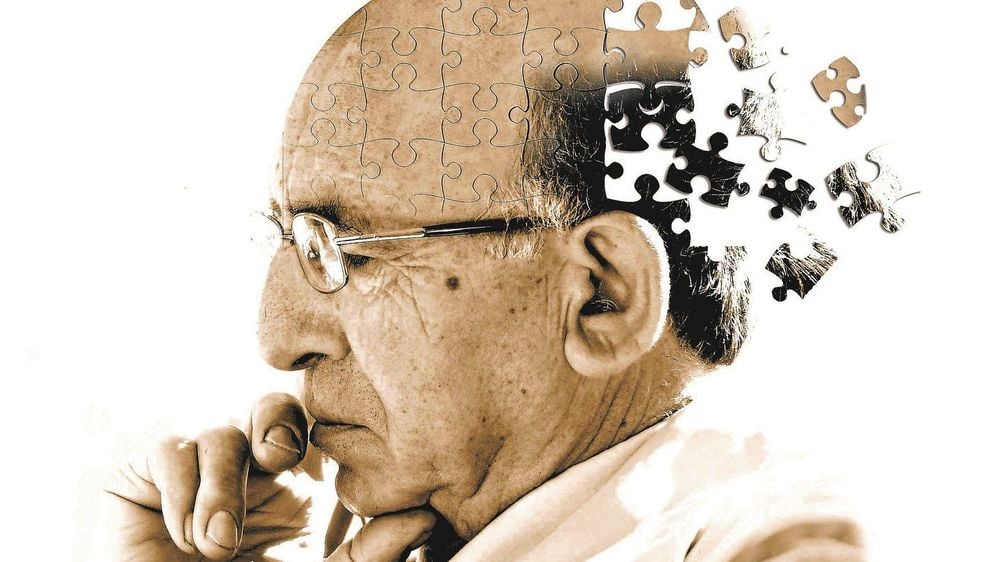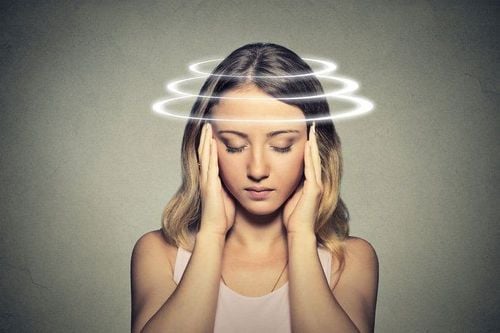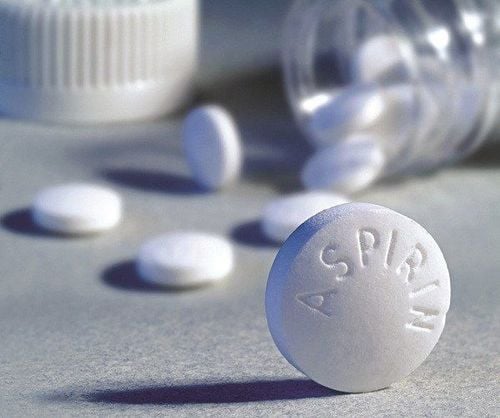This is an automatically translated article.
Dementia is a partial or complete inability to recall past experiences. It can be the result of traumatic brain injury, degeneration, metabolic disease, epilepsy or psychological disorders. Diagnosis is usually based on clinical, neuropsychological testing and neuroimaging.
1. Dementia
Everyone experiences mild memory loss from time to time. One day you can't find your car keys, and your reading glasses are lost the next day.
These are usually just signs of a normal brain constantly prioritizing, organizing, storing and retrieving all kinds of information. But how do you know when memory loss is unusual and should be evaluated by a healthcare professional? Here are some questions you need to consider to self-assess your dementia:
Does dementia disrupt your daily life, such as driving, taking notes and keeping personal hygiene? How often does memory loss occur? It's okay to forget where you parked your car from time to time, but it's not unusual for you to frequently forget your designated parking spot or miss appointments. Frequent memory declines can be noticeable because they tend to interfere with daily life. What is being forgotten? Most people have trouble remembering some details of a conversation, but forgetting the entire conversation can signal a problem. Other notable signs include: Forgetting the name of a close friend or relative, repeating what you say yourself often, or asking the same questions in the same conversation. Are there any signs of confusion? Severe memory loss can cause the individual to get lost in a familiar place or put something in an inappropriate place because they cannot remember where it is (think car keys in the refrigerator). Memory loss getting worse? If you find yourself forgetting more and more over time, you should get evaluated by a medical professional.

Hãy đặt một số câu hỏi và trả lời để tự đánh giá tình trạng mất trí nhớ của bản thân
2. What causes memory loss?
Anything that affects cognition - thought processes, learning and memory - can affect memory. Ranjit Mani, MD, a neurologist in the FDA's Division of Neurological Products, says doctors use a combination of methods to get more insight into what's going on.
Doctors assess dementia by taking a medical history, asking questions to test memory, doing a physical and neurological exam, and performing blood and urine tests. Brain imaging using axial computed tomography (CT) or magnetic resonance imaging (MRI) can help identify strokes and tumors, which can sometimes be the cause of dementia.
The purpose of the tests is to rule out potentially reversible factors and determine if the memory loss is caused by a more serious brain disease.
Several causes of memory loss can occur together or individually, they include:
Drugs : Drugs that can affect memory include over-the-counter (OTC) sleeping pills and prescription sleeping pills. prescription, over-the-counter antihistamines, anti-anxiety medications, antidepressants, some medicines used to treat schizophrenia, and pain relievers used after surgery. Alcohol: Heavy alcohol use can cause vitamin B1 (thiamine) deficiency, which can damage memory. Alcohol and illegal drugs can change chemicals in the brain and affect memory. Stress: Stress, especially from trauma, can cause memory loss. In extremely rare cases this can lead to a condition called psychogenic amnesia. This can cause someone to wander off, lose their way, unable to remember their name, date of birth, or other basic information. Depression: This condition is common with aging, causing a lack of concentration and attention that can affect memory. Often treating depression will improve mood and memory problems may also improve. A blow to the head can cause loss of consciousness and memory loss: Memory loss from a single head injury usually stays the same or gradually gets better, but not worse. However, repetitive head trauma, as seen in boxers and players, can lead to memory loss and other effects. People with HIV, tuberculosis, syphilis, herpes, and other infections of the mucous membranes or cerebrospinal fluid may experience memory problems. An underactive or overactive thyroid can interfere with remembering recent events. Lack of sleep can also affect memory. Deficiencies in vitamins B1 and B12 can affect memory, and can be treated with pills or injections. Memory loss is also part of the normal aging process, and it can be difficult for some people to recall certain types of information, such as the names of loved ones.
However, mild cognitive impairment is a condition characterized by memory deficits beyond what is expected with age, but not sufficient to impair daily activities.
The most severe form of memory loss is dementia. With dementia, the deterioration in memory and other aspects of thinking is severe enough to affect daily activities. While this has many causes, the most common by far is Alzheimer's disease, in which there is a gradual loss of brain cells accompanied by other abnormalities of the brain.

Trầm cảm là một trong những nguyên nhân dẫn đến mất trí nhớ
3. Can memory loss be prevented?
Clinical trials are underway to test specific interventions for dementia. Research has shown that a combination of changes in estrogen and progestin levels increases the risk of dementia in women over 65. Currently, there is no evidence that the herb ginkgo biloba prevents memory loss.
However, there are some things you can do that may help reduce your risk of developing memory problems:
Lower your cholesterol and blood pressure. Several studies in recent years have suggested that vascular diseases (heart disease and stroke) caused by elevated cholesterol and blood pressure may contribute to the development of Alzheimer's disease, its severity, or its development. development of multi-infarct dementia (also called vascular dementia). Do not smoke or abuse alcohol. Exercise regularly. Physical activity can help maintain blood flow to the brain and reduce risk factors associated with dementia. Maintain healthy eating habits. Eating more green leafy vegetables and less saturated fat has been shown to help slow cognitive decline. Additionally, eating fish with beneficial omega-3 fatty acids, such as salmon and tuna, may benefit brain health. Maintaining social interactions can help reduce stress. Keep your brain active. Some experts think that challenging the brain with activities like reading, writing, learning a new skill, playing games and gardening stimulates brain cells and the connections between cells and can improve brain health. reduce the risk of dementia. Vinmec International General Hospital is one of the hospitals that not only ensures professional quality with a team of leading doctors, modern equipment and technology, but also stands out for its examination and consulting services. and comprehensive, professional medical treatment; civilized, polite, safe and sterile medical examination and treatment space.
Please dial HOTLINE for more information or register for an appointment HERE. Download MyVinmec app to make appointments faster and to manage your bookings easily.
References: fda.gov, msdmanuals.com













